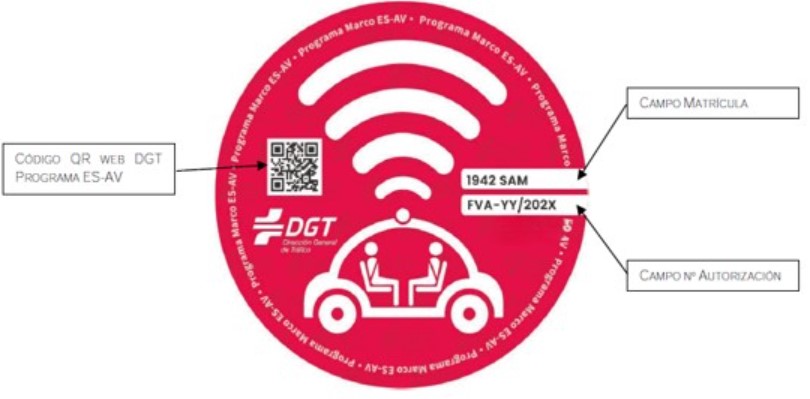Spain is positioning itself as a European pioneer with the publication of the new framework program for the testing of automated vehicles. The Directorate-General for Traffic (DGT) is thus laying the foundation for the safe integration of vehicles with automated driving systems, actively promoting technological innovation, and significantly contributing to the improvement of mobility.
Transparency and Innovation as Cornerstones
The innovative program places particular emphasis on the transparency of test results to accelerate the deployment of automated vehicles and build public trust. At the same time, innovation is supported through a more open and flexible framework that fosters research and development in this forward-looking field.
The DGT mandates the submission of reports, both at regular intervals and in the event of incidents. These reports enable the DGT to continuously assess test safety. Basic information will also be published on the official DGT website to ensure maximum transparency and public confidence.
The Office for the Facilitation of Automated Vehicle Tests (OFVA): A Central Point of Contact
To ensure a comprehensive approach and efficient management, the Office for the Facilitation of Automated Vehicle Tests (OFVA) has been established. The OFVA will serve as a central point of contact for managing inquiries and monitoring all tests in the field of automated driving.
Juan José Arriola, Deputy Assistant Director for Vehicles at the DGT, emphasized the significance of this step: “Our goal is to ensure that these technologies are developed in a safe, transparent, and responsible manner, benefiting both the industry and the public.”
Alignment with EU Standards and Expanded Scope
This updated ES-AV program supersedes previous directives (VEH 2022/07 and MOV 2023/13) and marks an important step towards the mobility of the future. Spanish regulations are thus being aligned with European Union guidelines. This strengthens the framework for recognizing approvals from other European Economic Area member states while making the requirements for cross-border testing in European corridors, particularly when transiting through Spain, more flexible.
Furthermore, the scope of the framework is extended to include tests of vehicles with SAE automation level 2 as well as remotely controlled vehicles, significantly broadening the range of possible tests.
Access Systems for Comprehensive Safety
The program provides for three clearly defined access systems that regulate the approval for tests related to the verification and certification of vehicle safety:
- External Evaluation System: Access and approval are granted through an independent technical evaluation, based on Annex 4 of the ES-AV program or the European Commission’s guide for automated vehicle testing.
- Recognition of EEA Approvals System: This involves recognizing an approval granted by a European Economic Area state, provided that the proposed tests, operation, and vehicles comply with Spanish requirements. Supplementary data on the operating environment and personnel must be provided.
- Special Access System: This exceptional system allows access either through the provision of data on real safety metrics from operations in the EEA or in third countries, or through a vehicle safety assessment using the aforementioned procedures. Exceptionally, a self-declaration system or an approval from a third country may also be considered.
Open and Secure Participation for All Stakeholders
Manufacturers, developers, importers, and fleet operators established in Spain or the European Union can participate in the program. Prerequisites include prior approvals, robust data recording systems, comprehensive liability insurance, and trained personnel (either on board or for remote control).
All approved vehicles must also be fitted with a specially designated plate, either in the lower left corner of the windshield or in a clearly visible location on the vehicle.




